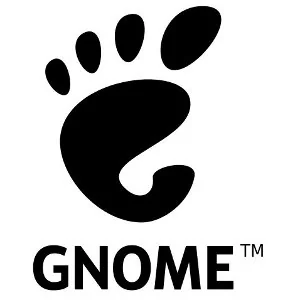More Developers Want GNOME 3.0 Delayed

Shaun McCance provided a documentation status update sharing that Yelp 3.0 (the GNOME document help viewer) should be ready before March, but when it comes to writing the documentation itself, there's still a lot of work left to be completed. For a synopsis of Shaun's status update, "By March, I think we could have the bones of the Desktop Help in place, but it wouldn't be nearly as useful as it could be...We can do substantially more by September, of course. I'm particularly interested in seeing results of usability tests and reactions of early adopters for Gnome Shell. This can help us shape what help we provide." Furthermore, Shaun shared:
On a side note, I'm concerned about the state of developer documentation for Gnome 3. We have a lot of new technologies and new ways for applications to integrate into the desktop. To encourage uptake from third-party developers, I would like to see a coherent message about what our platform is, and to have it as well documented as we can.
GNOME's Accessibility team also provided a update. The accessibility update can be summarized as "GNOME 2.30 might be good enough to call a "Preview for GNOME 3.0", but nowhere near something we should call GNOME 3.0. We want GNOME 3.0 to be solid and sexy for everyone. GNOME 2.32 is probably the earliest we should shoot for. I might also suggest we create a few more point releases for GNOME 2.28 as a means to keep some stability in GNOME while the transition is being made." GNOME's Accessibility team is also planning on September 2010 as the first Caribou release.
The GNOME Keyring team also had similar comments: " It would be far far better to have a September GNOME 3.0 release. It's highly unlikely everything will be in place and stable for 2.30."
Matthew Barnes from the Evolution mail client team summarized their 3.0 work as well. Matthew describes the state of Evolution for GNOME 3.0 as "I think we could be ready for a March release of GNOME 3.0 if that's what release team decides on. That said, historically "rock-solid" and "Evolution" are seldom used in the same sentence, and I know that we could certainly benefit from an extra six months to focus on polishing and bug-fixing."
The GNOME marketing team is also interested in a delayed release. In a marketing update from Jason Clinton he mentions that a GNOME 3.0 release in September could work, but he actually thinks until 2011 that there could be a truly polished, well marketed release. Jason also mentions that he doesn't think it will be until that point when there is a really polished driver available from Red Hat. We take it that he is referring to the latest ATI Radeon graphics hardware support, for which Red Hat contributes a great deal. The GNOME Shell and other areas of this free software desktop are switching to Clutter for providing a nice user-interface, which is dependent upon OpenGL acceleration for a nice experience.
Some of the GNOME modules that have yet to chime in on their readiness for a GNOME 3.0 release in March and whether they would prefer a September release instead are GStreamer and GTK+. However, with other major GNOME teams pushing for a six month delay to September, we would suspect the same from these teams. We expect soon the GNOME release team will announce a delay of GNOME 3.0 to September 2010.
37 Comments

